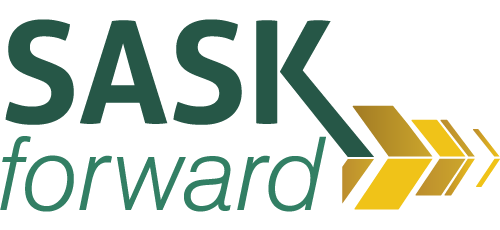There is an alarming need for additional resources to be directed towards addiction treatment in Saskatchewan. While there is a cost associated with addictions treatment, the corresponding savings to the people of Saskatchewan through reduced use of social programs, reduced emergent and long term medical care and reduced need for policing far outweigh that cost. Further, there is substantial societal benefit.
The current fentanyl crisis is killing people at unheard of rates and may soon arrive in Saskatchewan. In order to get ahead of this crisis, Saskatchewan needs proactive steps to help addicts obtain treatment when they ask for the help.
I am writing as a mother of an adult son who has fought with addiction for years. My son has participated in counseling through the health region’s Addictions Services, has been though the Wakamow Detox Centre and has attended Calder Treatment facility on three occasions. Unfortunately, each time he has relapsed, and with each relapse the drug use has increased.
Despite the dedication and hard work of staff at these facilities, the evidence is clear: 28 to 35 day programs are not sufficient. In addition, the existing programs do not contain sufficient life skill training or personal counseling; they also do not have any type of transition back into the regular day to day stress of work and life that often trigger the addict to relapse.
Lastly the fact that Calder and Pine Lodge are the only two Sask Health funded programs in Saskatchewan means that the vast majority of addicts lose the community support they have established when they return home after treatment. When an individual completes treatment he/she is discharged with little support beyond the limited appointment time available through addiction services.
I am happy to say that my son is participating in a treatment program in New Westminster, B.C.- Last Door Recovery Centre. The Last Door treatment program is a long term treatment program during which individuals are free to come and go (within the program rules) and the addict moves through the intense program at his own pace, including transitioning back into the work force. The program builds a community between those that are facing the same challenges and involves family and friends in the recovery process. Treatment in the Last Door program is individualized to allow each addict to stay clean, one day at a time.
While we are one of the fortunate families that can afford to pay for private treatment, health care, including addictions treatment, should not depend on one’s income, but rather should depend on one’s need. All people struggling with addiction deserve treatment on demand and the ability to find recovery. Their friends, their families and society as a whole will benefit from long term abstinence based treatment and transition being available.
I have written to suggest that Saskatchewan Health increase resources to addictions treatment in Saskatchewan, including:
• More treatment facilities/beds and longer program (minimum of 60 to 90 days);
• Establish transition treatment facilities that allow individuals to transition back into the community and to work, while continuing to have professional and peer support; and
• Treatment on demand being available.
I believe strongly in the right of people dealing with addictions to have treatment available when they are able and willing to seek out help. I support the concept of “treatment on demand.” I am willing to do my part by speaking up and sharing my family’s story. It is time for Saskatchewan to quit being silent about addiction; addiction is rampant and is going to be the biggest health crisis of the decade, if it isn’t already. I urge the Government to take steps to save lives by making long term treatment and transition treatment available in Saskatchewan, so that people can recover, one day at a time.

